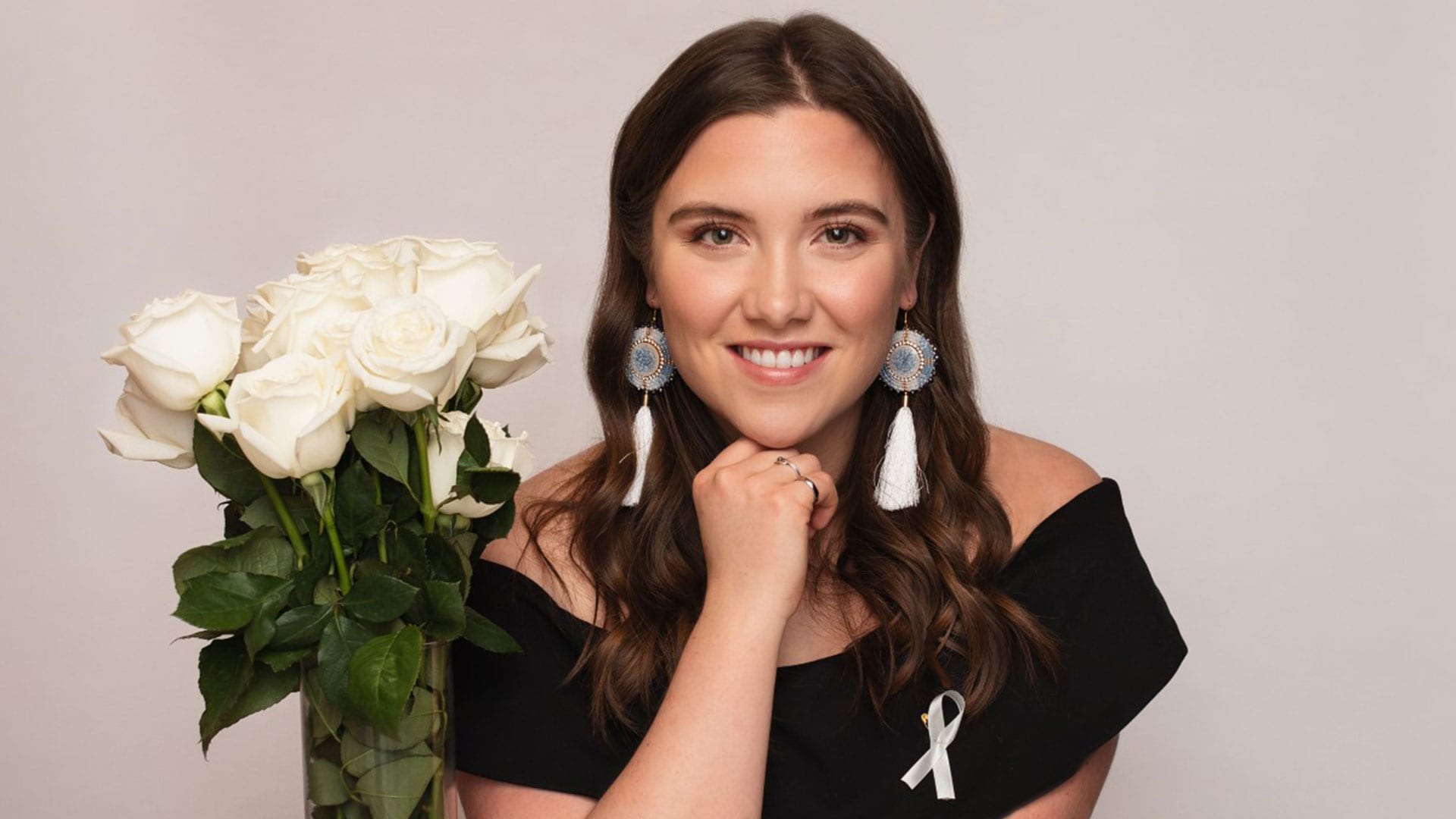She may be young, but Brielle Chanae Thorsen’s resume shows up that of someone twice – even three times – her age.
Thorsen hails from Saddle Lake Cree Nation in Alberta, and is this year’s recipient of the Polytechnique University $30,000 Order of the White Rose scholarship.
She is currently pursuing a Master’s degree in Mechanical Engineering at Queen’s University in Kingston, Ont., and distinguished herself in several subjects, “notably in engineering mathematics, computational tools, system design, energy efficiency and all that relates to the electrical grid and energy generation,” according to a press release.
Thorsen has already held jobs in robotics engineering for Defence Research and Development Canada, and is currently working on an algorithm for drones used by mountain search-and-rescue teams.
She’s a member of the varsity rowing team, and competed with Team Alberta in the Canada summer games.
Thorsen helps coach a Special Olympics swim club, and volunteered at Sagesse, a Calgary-based organization helping survivors of domestic violence.
She helped organize the “IndigeSTEAM Power2Choose Indigenous Youth Summer camp,” and was the first-ever Canadian national student representative elected to the American Indian Science and Engineering Society.
And that’s only the half of it.
“Our winner this year stands out – not only for her academic and technical achievements, but also for her social commitment, which greatly impressed the jury,” said Michele Thibodeau-Deguire, chair of the Order of the White Rose selection committee.
“In [Brielle], women engineers and Indigenous peers in the sciences have found a remarkable ambassador,” Thibodeau-Deguire added.
The Order of the White Rose scholarship was created six years ago to salute female engineering students in the wake of the infamous Montreal massacre.
On the morning of Dec. 6, 1989, a man stormed Polytechnique University, lined up female engineering students against classroom walls, and systematically executed them while uttering “I hate feminists.”
Fourteen women were killed – ten more were injured.
Nathalie Provost survived the 1989 massacre, despite being shot four times.
Now an ambassador for the Order of the White Rose, Provost said a few words in Cree during Thursday’s ceremony, which took place in Montreal.
“I think this would mean ‘I humbly offer you my hope, and my faith in you,’” Provost explained.

Every year, the scholarship is awarded to a woman engineering student who intends to “undertake graduate studies in engineering (Master’s or PhD) at the institution of her choice, in Canada or elsewhere in the world.”
Speaking virtually, in front of the ‘white rose’ monument at Queens’ engineering faculty, Thorsen explained that, she too, is a survivor of on-campus violence.
“Two days before I started university in my first year, I was sexually assaulted in my dorm room,” she said.
“I learned firsthand how institutions continue to uphold systems that prioritize the wellbeing and futures of perpetrators and abusers, instead of valuing the futures and wellbeing of victims and survivors.”
University officials at Polytechnique say the face of the engineering faculty has shifted greatly since the attack in 1989, when women accounted for only 17 per cent of the student body.
As of autumn 2020, women made up 29 per cent of the students enrolled in engineering.
“[Our] numbers have reached or surpassed parity in certain specialties, such as biomedical engineering and chemical engineering,” Philippe A. Tanguay, president of Polytechnique Montreal, said in a statement.
Thorsen herself says she had to push through adversity to end up where she is today.
“I learned the hard way that we don’t all have an equal opportunity to succeed in university – how can you be a good student when you’re undergoing a significant, life-altering event? How can you be a perfect community member?” she said.
Thorsen says she looks to the future of engineering with “complete optimism,” adding that women today are refusing to accept conventional gender stereotypes.
“This is why I believe it’s essential for those of us who are comfortable sharing our stories to have real, vulnerable conversations about our lived experiences, so that we can make the future better for the next generations,” Thorsen added.
“Because we are so much stronger than the people who hurt us, and I am so much stronger than those who hurt me,” Thorsen added.









